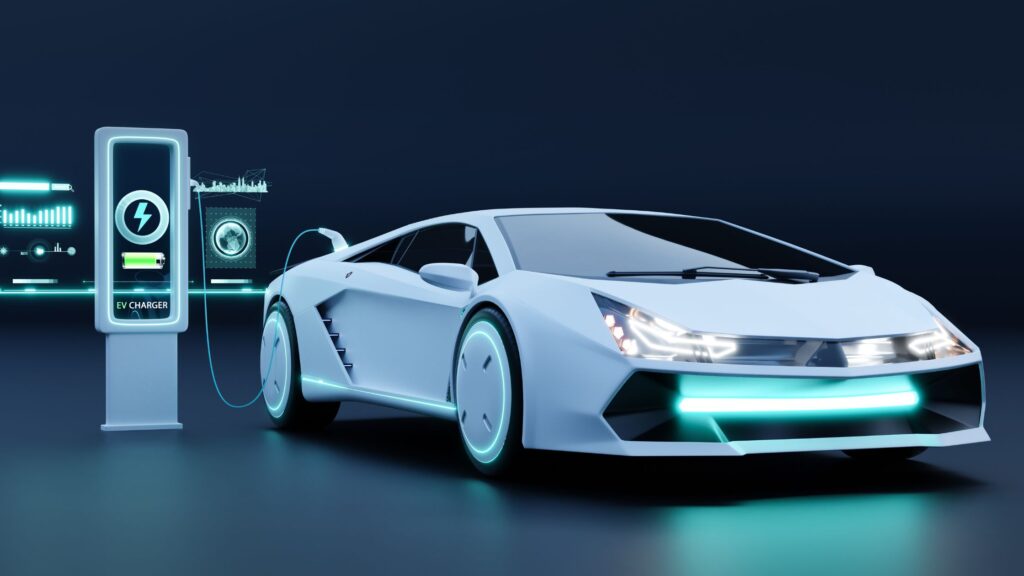
Electric cars have been gaining attention worldwide as a cleaner and more sustainable mode of transportation. In India, however, the adoption of electric vehicles (EVs) has been relatively slow compared to other countries. A recent survey conducted by LocalCircles sheds light on the current state of electric car adoption in India and highlights potential areas for growth.
Table of Contents
ToggleCurrent Landscape of Electric Cars Adoption
The survey conducted by LocalCircles involved 40,000 respondents from various parts of India. It revealed that only 5% of potential car buyers in the country are likely to opt for electric cars in the current year. This indicates a low level of interest among consumers in transitioning to electric vehicles.
Factors Influencing Consumer Choices
Several factors contribute to the hesitancy among Indian consumers to embrace electric cars. One major concern is the lack of charging infrastructure, which makes it inconvenient for car owners to charge their vehicles.
Additionally, many consumers have limited knowledge about electric vehicles and are unsure about their performance and reliability. Limited choices within budget constraints and perceived higher costs compared to conventional cars also deter potential buyers from considering electric options.
Potential Demand and Consumer Preferences
Despite the current low interest in electric cars, there is significant potential demand for these vehicles in India. The survey suggests that if certain barriers such as pricing and infrastructure are addressed, there could be a demand for 200,000 electric cars this year. More than half of the respondents expressed willingness to purchase electric cars if they fall within the price range of ₹8-10 lakh.
Regional Variations and Urban-Rural Divide
The survey findings also highlight regional variations in consumer preferences for electric cars. Respondents from tier-1 cities comprised 42% of the sample, followed by 34% from tier-2 cities, and the remaining 24% from tier-3, 4, and rural areas. This indicates that interest in electric cars is relatively higher in urban areas compared to rural regions.
Addressing Challenges and Expanding Market Opportunities
To stimulate the adoption of electric cars in India, it is essential to address the existing challenges and create an enabling environment for consumers. This includes investing in charging infrastructure, raising awareness about the benefits of electric vehicles, and offering incentives to make them more affordable. Government initiatives such as subsidies and tax incentives can play a crucial role in promoting the adoption of electric cars.
Conclusion
While the current interest in electric cars in India may be low, there is a significant opportunity for growth in this sector. By addressing key barriers and creating favorable conditions for adoption, India can tap into the potential demand for electric vehicles and move towards a more sustainable transportation future. With concerted efforts from stakeholders, electric cars could become a mainstream choice for Indian consumers in the years to come.
FAQs
Currently, electric cars have a relatively low level of popularity in India. According to a recent survey, only 5% of potential car buyers in the country are likely to purchase electric cars this year.
Several factors influence the adoption of electric cars in India, including the availability of charging infrastructure, consumer awareness about electric vehicles, limited choices within budget constraints, and perceived higher costs compared to conventional cars.
Based on the survey conducted by LocalCircles, there is potential demand for 200,000 electric cars in India this year, assuming 5% of potential buyers purchase one car each and annual car sales remain consistent with 2023 numbers.
The main challenges hindering electric car adoption in India include insufficient charging infrastructure, lack of consumer knowledge about electric vehicles, limited options within budget constraints, and perceived higher costs compared to traditional cars.
The survey indicates that more than half of existing or prospective car owners in India are willing to buy an electric car if it falls within the price range of ₹8-10 lakh.
The survey findings suggest that interest in electric cars varies regionally in India, with relatively higher interest observed in tier-1 cities compared to tier-2 cities and rural areas.
The Indian government can promote the adoption of electric cars through initiatives such as investing in charging infrastructure, offering subsidies and tax incentives, raising awareness about the benefits of electric vehicles, and encouraging research and development in the electric vehicle sector.
Electric cars produce zero tailpipe emissions, which helps reduce air pollution and mitigate climate change. By transitioning to electric vehicles, India can significantly reduce its carbon footprint and improve air quality.
While electric cars may have a higher upfront cost compared to conventional cars, they offer long-term cost savings due to lower fuel and maintenance costs. Electric cars also benefit from tax incentives and reduced operating expenses over time.
On average, it is estimated to take around six years for an average commuter to offset the higher purchase cost of an electric car compared to a petrol version, considering factors such as fuel savings and maintenance costs.




